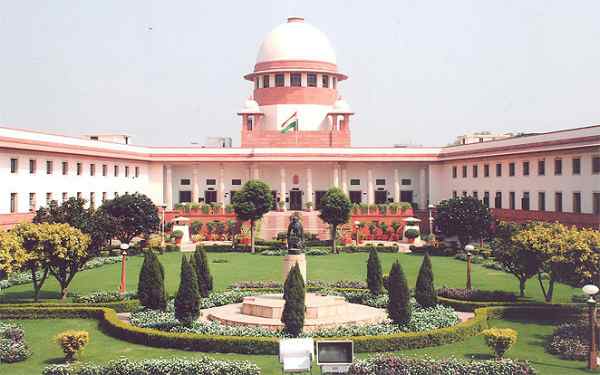The Sixth Schedule to the Constitution of India lays down certain special provisions for administration of tribal areas in States of Assam, Meghalaya, Tripura and Mizoram. In accordance with paragraph 4 of this Schedule, United Khasi-Jaintia Hills Autonomous District (Administration of Justice) Rules, 1953, have been framed. Rule 47 of these Rules in particular lays down as under:

“47. Procedure in civil cases – In civil cases, the procedure of the District Council Court, [the Additional District Council Court] the Subordinate District Council Court [and the Additional Subordinate District Council Courts] shall be guided by the spirit but not bound by the letter of the [Code of Civil Procedure, 1908 as amended up to date] in all matters not covered by recognized customary laws or usages of the District.”
In a recent decision dated 28 January 2015 in the case of Shri Westarly Dkhar & Ors. v. Shri Sehekaya Lyngdoh [Civil Appeal No. 1232 of 2015], the Supreme Court has upheld the validity of these Rules. This appeal was filed against the judgment dated April 27, 2012 passed by the High Court of Gauhati, Shillong Bench at Shillong in Civil Revision Petition No. 18 (SH) of 2010. The appellants argued in the Supreme Court that the Civil Procedure Code does not apply in these tribal areas but only the spirit thereof applies. The Supreme Court observed that the High Court had unfortunately failed to refer to Rule 28 of the above 1953 Rules and had applied the letter of Order 39 Rule 3A read with Order 43 of the Code of Civil Procedure. The Supreme Court held that this was the basic error in the High Court’s judgment.
The Supreme Court further observed as under:
“10. Two things become clear. An appeal is provided as a matter of right under Rule 28 of the 1953 Rules and only the spirit of the Code of Civil Procedure applies. This being clear, the law laid down in A. Venkatasubbiah Naidu v. S. Chellappan & Ors., (2000) 7 SCC 695 and M/s Maria Plasto Pack (P) Ltd. v. Managing Director, U.P. Financial Corporation, Kanpur & Ors., AIR 2004 ALL. 310, will not apply as both judgments are based upon the letter and not the spirit of the Code of Civil Procedure. What applies is Rule 28 of the 1953 Rules which provides a right of appeal in all civil cases from all decisions of Subordinate District Courts. …”.
Accordingly, the judgment of the High Court was set aside, and the judgment dated 9th March, 2010 of the District Council Court was restored.
Thus, what the above Supreme Court order affirms is the sanctity of the special provisions in the Constitution relating to the tribal areas of the aforesaid States and the rules made thereunder.
Full judgment of the Supreme Court, delivered by a bench comprising of Justice J. Chelameswar and Justice R.F. Nariman, can be seen here.

